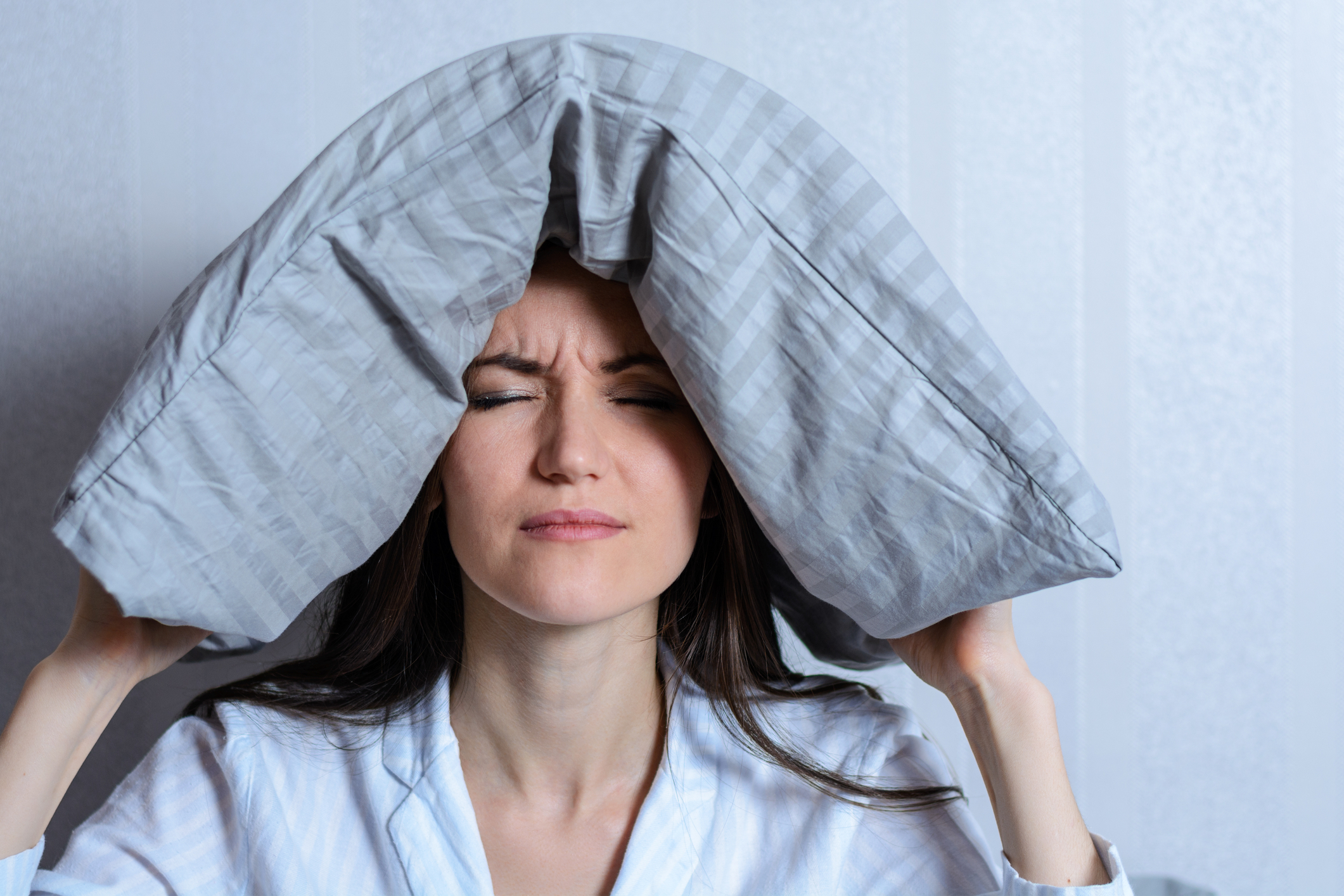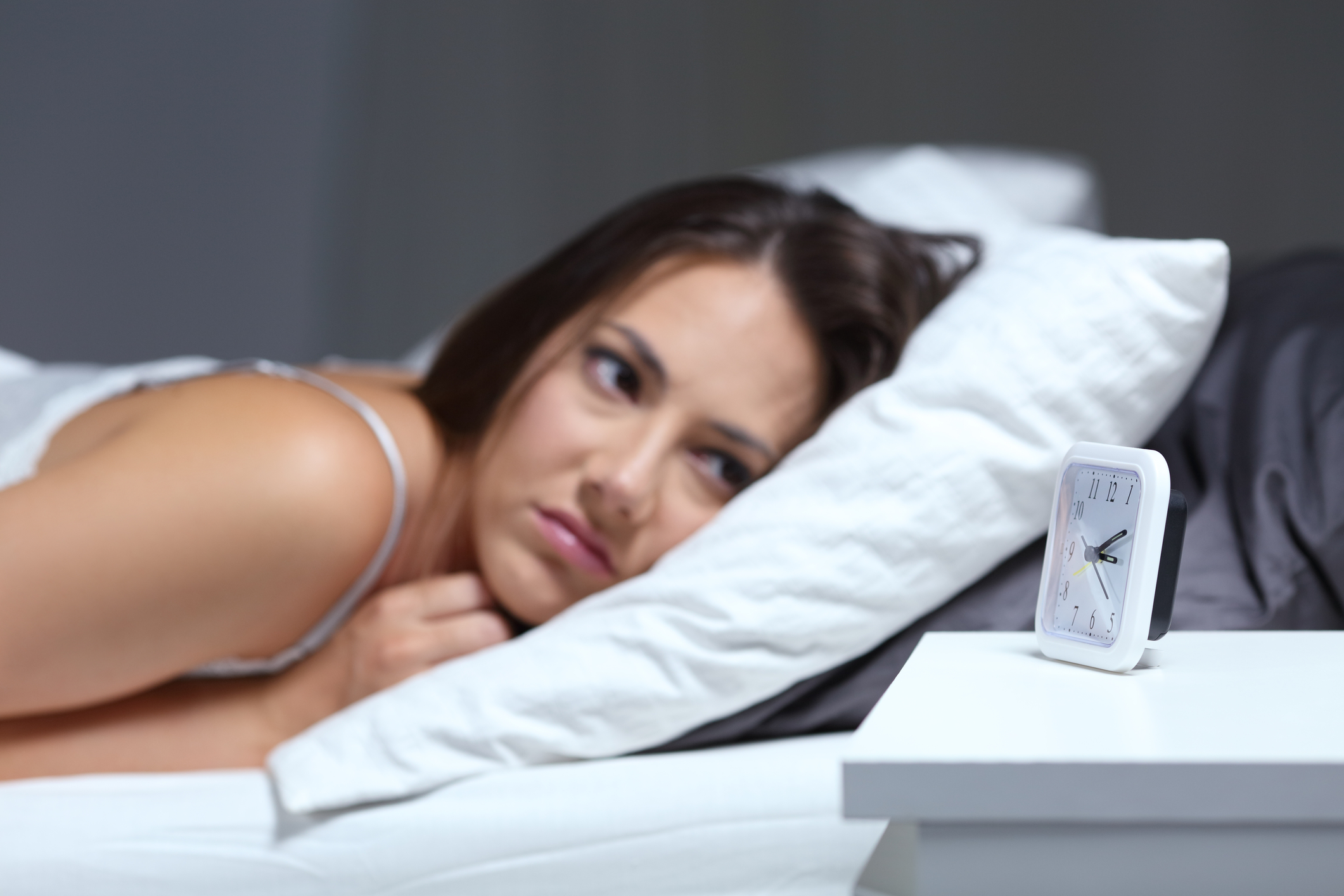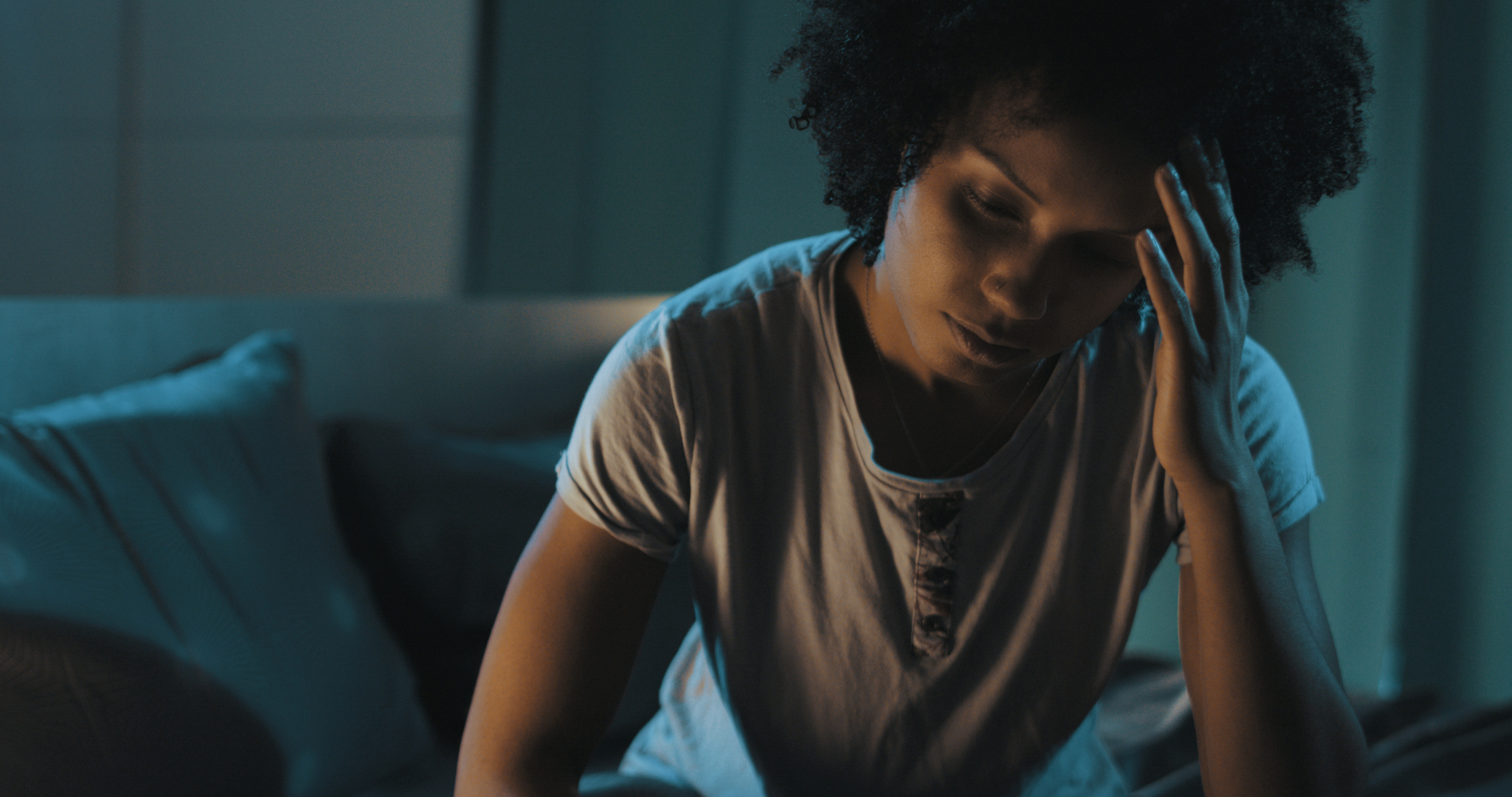Five Underlying Factors Proving Insomnia is More Than Just Sleeplessness
Insomnia, like many disorders, may have its roots in our genetics. Certain genetic markers have been associated with insomnia, based on various research studies. A study headed by the University of Amsterdam identified seven genes linked with insomnia, suggesting that predisposition to the disorder may be inherited. These findings provide a path towards understanding and validating insomnia as a significant health concern.
Moreover, this hereditary link breaks the common myth that insomnia is solely a symptom of other conditions or is caused only by unhealthy sleep habits. Identifying these genetic markers for insomnia helps medical professionals develop better diagnostic tools and treatments in the future. While sleep habits and lifestyle undoubtedly play a role in the manifestation of insomnia, the role genetics play is an underlying factor that cannot be ignored.
Psychological Disorders

It's a well-known fact that insomnia often coexists with mental health disorders. According to the National Institute of Mental Health, insomnia rates are much higher among patients with conditions like depressive disorder, anxiety, and PTSD. These disorders often have disrupted sleep as a common symptom, but research indicates that this is not a one-way street.
Sophisticated studies suggest that the relationship between sleep problems and psychological disorders is complex. Insomnia could potentially lead to the development of these mental health issues, just as these conditions may initiate or exacerbate sleep problems. Thus, treating insomnia can help alleviate the symptoms of psychological disorders and vice versa.
Hormonal Changes

From puberty to menopause, hormonal fluctuations in our body can disrupt our sleep. For instance, women often experience sleep disturbances during their menstrual cycle due to hormonal changes. Pregnant women are another group commonly affected by sleep disorders, particularly insomnia.
Postpartum depression is not unheard of and is another stage where women experience a surge of changes in their hormones. Insomnia proves to be common among people with thyroid issues, especially in cases of hyperthyroidism where excessive thyroid hormones can cause sleeplessness. Therefore, hormonal balance is crucial to healthy sleep patterns, indicating how important it is to consider hormonal fluctuations when discussing insomnia.
Lifestyle Factors

Insomnia is often linked to the way we lead our lives. Certain choices and habits that are ingrained in our lifestyle may actually be contributing to sleeplessness. Studies point at irregular sleep schedules, extensive use of electronic devices, unhealthy diets, and lack of physical activity as some of the lifestyle-related triggers of insomnia.
For instance, caffeine and nicotine can stimulate the nervous system and disrupt sleep. Physical inactivity can lead to a lack of physical tiredness, making it harder to fall asleep or maintain sleep. As such, recognizing these lifestyle factors is a significant step towards understanding and treating insomnia.
Comorbidity with Physical Ailments

Physical ailments and chronic conditions can be another underlying factor of insomnia. Pain and discomfort from medical conditions like heart disease, diabetes, and arthritis can lead to sleep disruptions. Sleep apnea, a condition characterized by brief periods of stopped breathing during sleep, has been linked to insomnia.
Furthermore, medications used to treat these conditions can also cause sleep problems. Paying attention to physical health conditions and their treatment can, therefore, play a crucial role in managing insomnia. Studies suggest that effective management of these coexisting conditions can result in significant improvements in insomnia symptoms.
The Impact of Stress

Last but certainly not the least, is the role of stress in sparking insomnia. Whether it's chronic job stress, relationship issues, or significant life changes, such as moving to a new house or loss of a loved one, stress can make it difficult for a person to fall asleep or stay asleep. Chronic stress can lead to hyperarousal, a state where the mind is always alert and keyed up, making it difficult to relax and fall asleep. Understanding the link between stress and sleep is crucial to form a comprehensive view of insomnia.